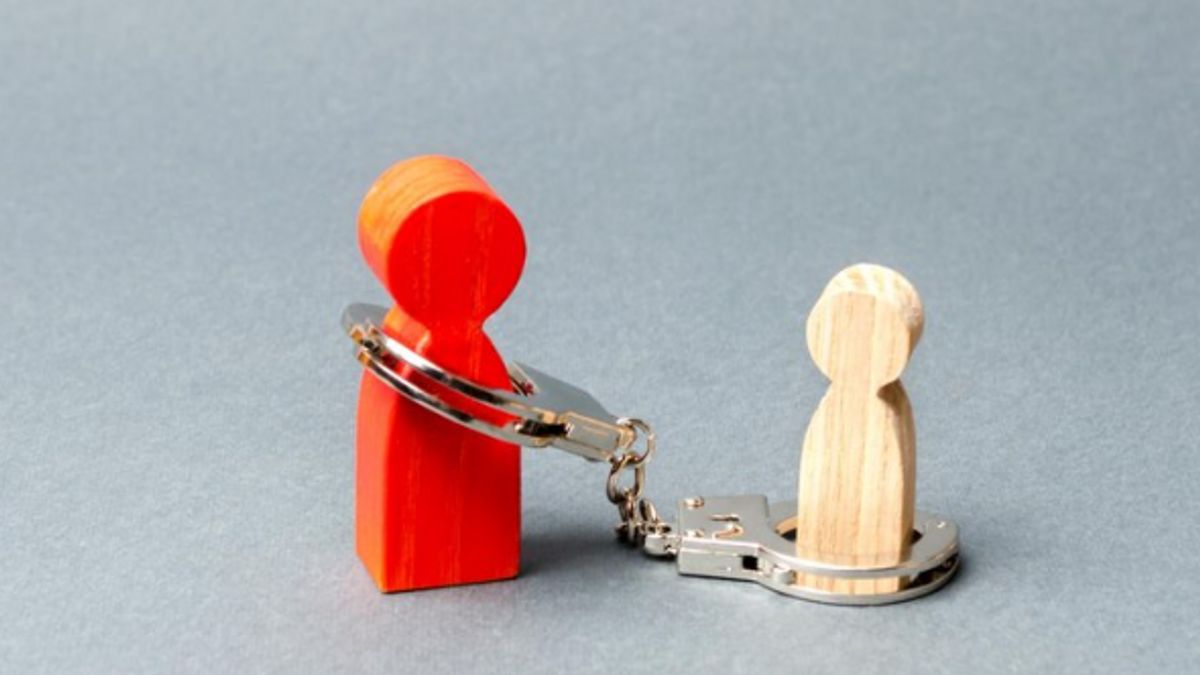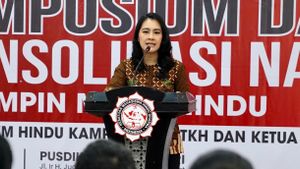YOGYAKARTA - Defamation can be reported or brought to court for legal processing. This action is a case that can be classified as a criminal act. So what is the article on defamation and what are the legal provisions?
Many cases of defamation have been found, especially in the era of using online media like today. Defamation is an act that is considered an insult, demeaning, or disseminating false information about the reputation of a person, race, religion, or certain groups.
Apart from being judged as an unpleasant treatment, acts of defamation can also be dragged into legal channels. In the midst of the spread of information online, everyone should know the article on defamation in accordance with the law.
The rule of law regarding defamation has been contained in the criminal law book in Articles 310 to 321 of the Criminal Code. The following are a number of legal grounds from articles of defamation:
Article 310 paragraph 1 of the Criminal Code contains a legal basis regarding the behavior of defamation, especially those done directly orally. When a person intentionally or does not convey words or commits actions that have the potential to offend or insult other people, and result in the damage to the person's good name, the perpetrator can face criminal penalties.
Based on Article 310 paragraph 1 of the Criminal Code, perpetrators of defamation violations can face a maximum imprisonment of 9 months or a maximum fine of IDR 4.5 million.
Article 310 paragraph 2 also discusses the issue of defamation against good names that are more focused on actions that are carried out in writing or indirectly. This law emphasizes more on violations that occur indirectly, it could be through writing or uploading on public forums.
Perpetrators of this type of defamation will be subject to a fine of Rp. 4.5 million or a prison sentence of a maximum of 1 year and 4 months.
This article regulates acts of slander committed against other parties. Slander is an unpleasant act and has the potential to harm others.
In addition, slander can also make other people's good names polluted. Sanctions for perpetrators of slander, either directly or indirectly, will be subject to imprisonment.
The rule of law regarding defamation is also written in Article 315. This article specifically regulates insults that are included in the light category. Although the insults are light, the perpetrators can also be punished with imprisonment for a maximum of 4 months and 2 weeks or a maximum fine of Rp. 4.5 million.
This article is the legal basis for regulating defamation which is slanderous with complaints. What is meant by complaints in this article is false notifications to certain parties that have the potential to harm other parties.
If the complaint made has been proven to be a false rumor and makes another person's good name tarnished, then the perpetrator can be sentenced. The article states that the sentence for this case is a maximum imprisonment of 4 years.
The legal basis for defamation to people who have died is regulated in Article 320 paragraph 1. Although acts of humiliation are intended for people who have died, they can still be brought to the realm of law. Perpetrators of this action can be subject to a maximum imprisonment of 4 months and 2 weeks or a maximum fine of Rp. 4.5 million.
SEE ALSO:
This rule is an amendment to Law Number 11 of 2008. This law regulates information and Electronic Transactions (ITE). In Law no. 19 Article 45 paragraph 3, it is stated that whoever deliberately spreads electronic information containing elements of insults or damages the image of others, will be subject to a maximum prison sentence of 4 years and/a maximum fine of IDR 750 million.
Those are the legal provisions of the defamation article that everyone needs to understand. There are a number of points as above that regulate punishments regarding various forms of defamation. Also read examples of business legal cases and their settlement.
Stay up to date with the latest domestic and other overseas news on VOI. We present the latest and updated information nationally and internationally.
The English, Chinese, Japanese, Arabic, and French versions are automatically generated by the AI. So there may still be inaccuracies in translating, please always see Indonesian as our main language. (system supported by DigitalSiber.id)
















